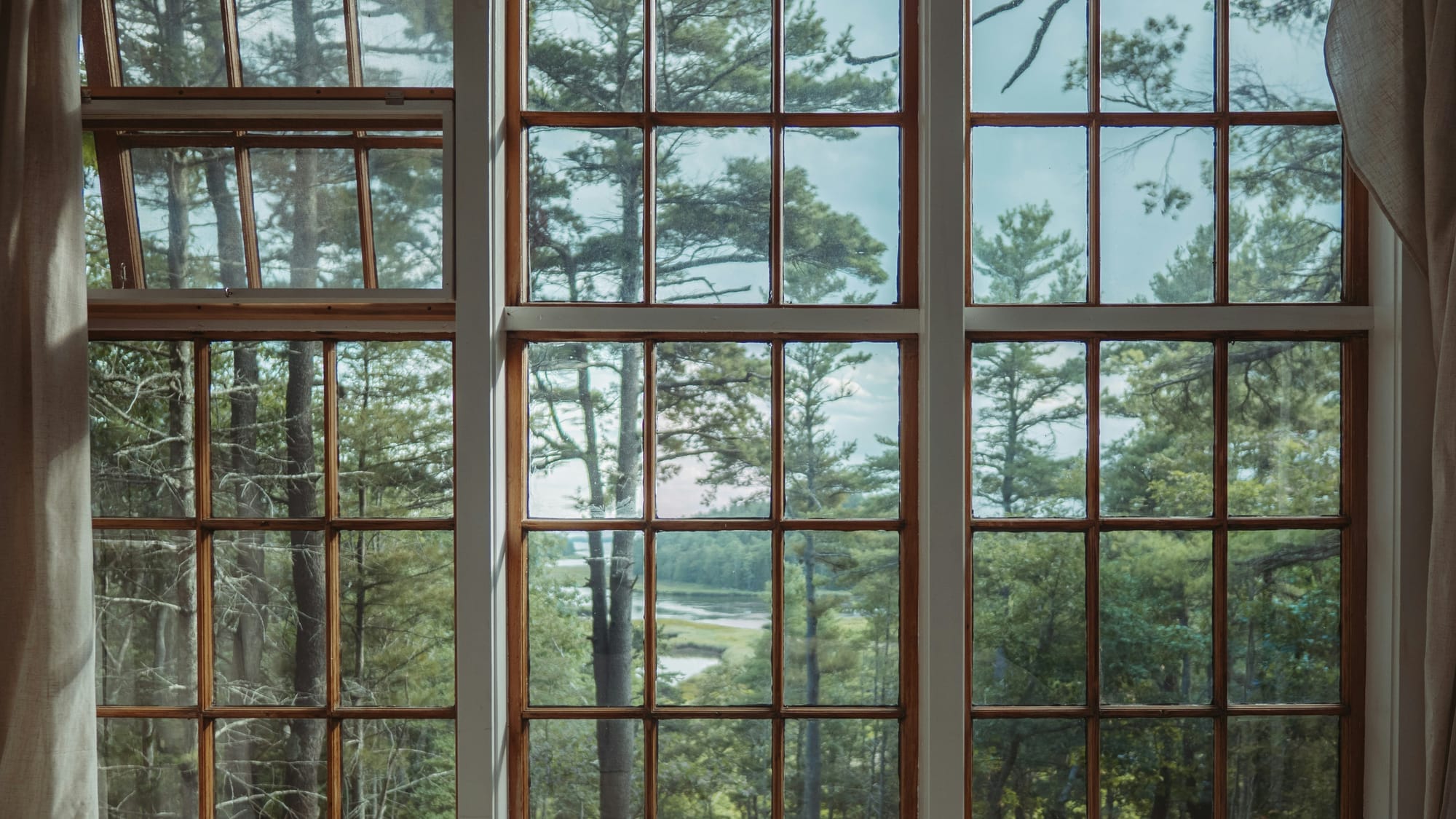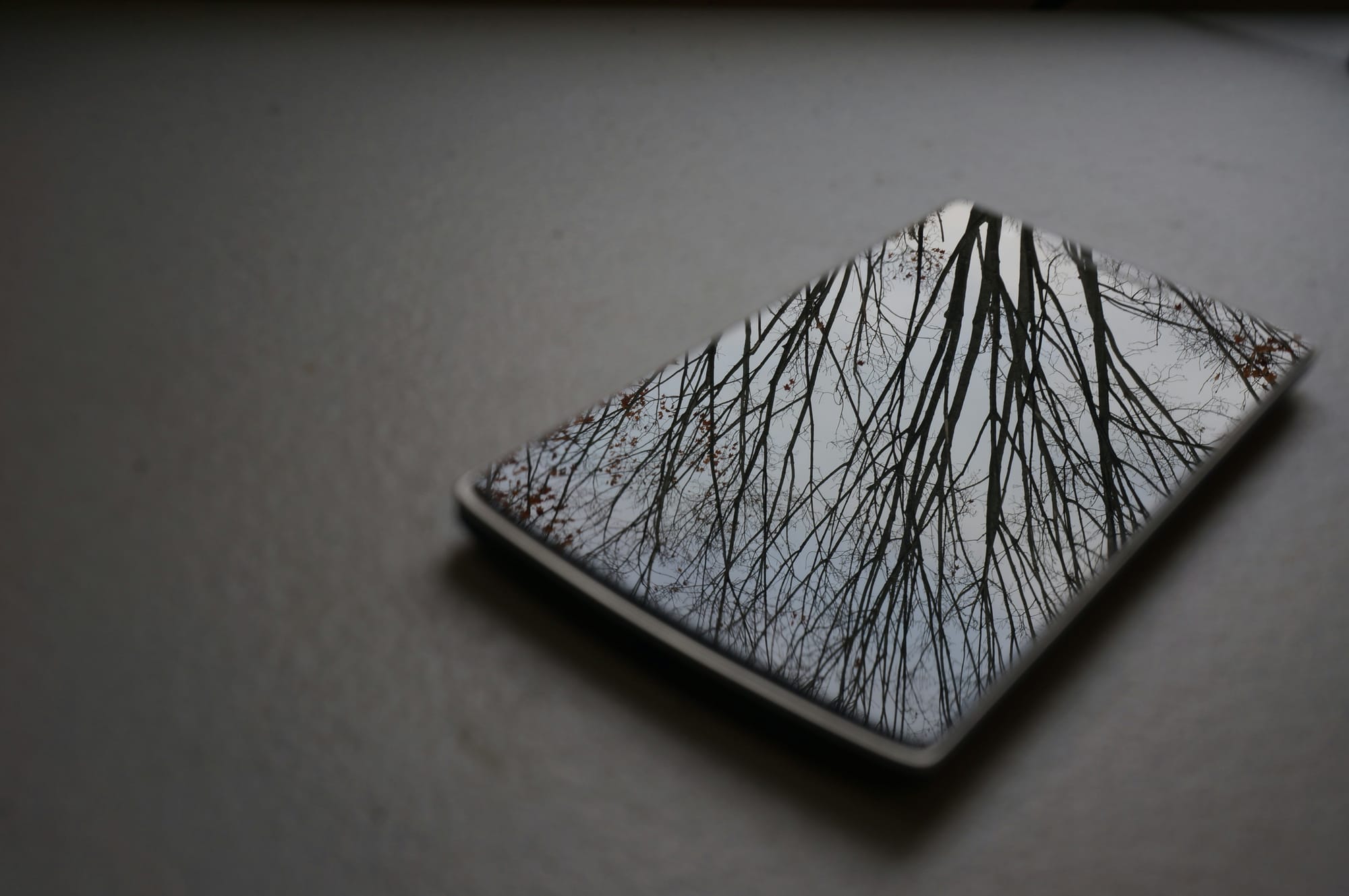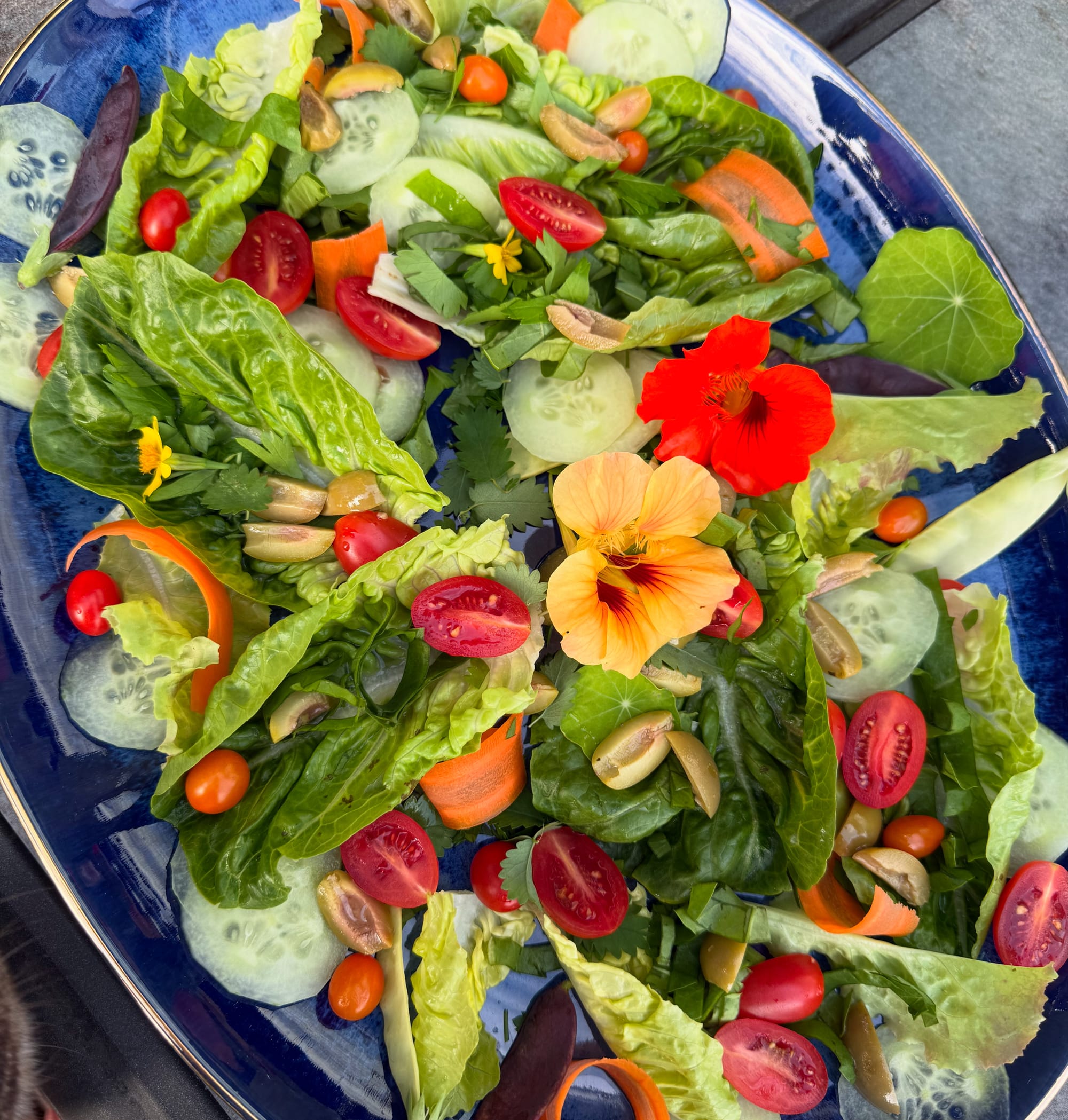On Retreating

Creating time for connection and growth.
July is a quiet time in educational development, as commencement is in the rearview mirror and the frenetic prep for the new academic year is still over the August horizon.
I've been enjoying commuting less and reading more. I've also been contemplating the theme of retreats and retreating.
BE THE SPARK - Thoughts on Teaching and Learning
Increasingly, I've been seeing conference and keynote themes (and getting speaking requests) on the topic of reigniting our joy of teaching in an era of burnout, AI challenges, and whatever awful geopolitical development has hit the "breaking news" alerts in the last five minutes.
The thing is, what one needs to both rejuvenate and reignite isn't a webinar on mental well-being or an inspirational keynote (as honored as I am by these requests). What one needs is a certain distance for a certain time from the physical and emotional labor of one's profession. To retreat for a bit.

Time is required first just to rest and gather one's physical and emotional energy. But time retreating from the demands of daily work also yields creative insights, as it is in our off-moments that we generate new connections and possibilities. Neuroscience research in recent years has revealed that our brains tend to cycle between networked sequences of activation – alternating time spent in "task-positive," focused mode on the one hand and more ruminative, off-task, daydreaming sorts of activation patterns (called the "default mode network") on the other. It may be that the interplay of these cycles are crucial for problem-solving, insight, and memory consolidation.
Time spent in retreat and reflection might yield innovative solutions to problems at work or new ideas for grant applications, but they are also the times when we're likely to come up with new ideas for our syllabi or class discussions. Reading a book review in Bookforum from outside your discipline may nonetheless spark an idea for a class discussion or activity within it. Watching a new popular film or tv series yields a scene that is a perfect demonstration of a psychological concept; you mark it for later clipping for class.
I was moved by Brandon Taylor's recent essay on his writing process, specifically the research and reading stage, and how what is required for good writing and good teaching prep is depth and breadth of reading. In a related essay on his notetaking strategies, he is baffled by friends and readers who agree that his strategy sounds great, but object that it takes so much time:
Speed is not really a useful in determining quality or efficacy unless what you are after is speed. I can’t help but to think that a subtle reframing has occurred when I am asked questions like this. Questions that reframe productive away from “produces results that are good for my use case” to “produces results FAST.” Those are not the same thing.
This summer, I'd love it if we could think of ways to reduce our workloads, especially faculty and those of us who support them, to provide the time required for the depth of thinking and the creative connections that spur great teaching and scholarship. It might be retreats (see below). It might be, as one campus I visited recently was considering, a "committee to end committees." With apologies for evoking images of chainsaw-wielding billionaires, they admirably are hoping to go through their sprawling list of faculty committees with an eye to those that could be disbanded or merged or sunsetted, freeing up many hours of faculty time.
Three book recommendations that relate to these topics: Wintering: The Power of Rest and Retreat in Difficult Times (which I also wrote about here), The Slow Professor: Challenging the Culture of Speed in the Academy, and Lost in Thought: The Hidden Pleasures of an Intellectual Life.
In other teaching and learning news, Cait Kirby is gathering a supportive group of folks in higher education (especially educational development) who have been affected by grant cancellations, DEIA-backlash, or other recent disruptions. If affected (and interested), sign up here.

On the personal side, I've been exploring the K-12 world a bit and one such exploration was a great conversation I had with Laine Whitaker and Duncan Young of Effective School Solutions about supporting student mental health.

You can listen to it on Spotify here, or Apple podcasts here.
STRIVING - Emotion, Motivation, Our Synchronous Selves
This June I had the fortune to join thirteen Simmons University faculty and staff at our Center for Faculty Excellence's annual Writing Retreat. The brainchild of our Executive Director Jennifer Herman, the retreat gathers Simmons scholars for three days of writing, reflection, and community on the bay of Cape Cod. There are nighttime S'mores and (for those that choose) wine by the fire, frequent vegetable-forward meals cooked by Jennifer and others on our CFE staff, and many quiet spots to set up with notebooks and MacBooks alike.
The afternoon I arrived, the entire retreat house sung with the smell of a double-batch of Jennifer's apple crisp simmering in the oven. Jennifer, our instructional designer Ben Kenzer, and I put some music on and got to chopping while faculty finished their writing afternoons. On this retreat grants are finished, book chapters reviewed, manuscripts are submitted. Faculty are replenished on retreat with each other.

In preparation for our Center for Faculty Excellence's theme this year of reconnecting with the humanity of teaching in an age of technology (and also an age of inhumanity, if we're being honest), I've been re-reading The Art of Gathering by Priya Parker and reading for the first time Unreasonable Hospitality: The Remarkable Power of Giving People More Than They Expect. The latter book is by the James Beard-award winning restauranteur William Guidara of NoMad and Eleven Madison Park fame, widely thought to be an inspiration for (and featured on) the television show The Bear.

In the first pages of the book he reflects that the essence of hospitality is truly caring for another human being, truly seeing them, attempting to understand them, and attempting to anticipate and then meet their needs. So too is the essence of good teaching, I think, and also good academic leadership. Being cared for is also motivating - it creates the space we already discussed for scholarship, achievement, and teaching inspiration – but it also connects you to your institution in a deep way.
Perhaps the institution cannot love you. But Jennifer and I sure can.
OUR MONSTERS, OURSELVES - Uncertainty, Challenges, Mental Health
A frequent correlate to and predictor of states of anxiety is a construct called uncertainty intolerance. The meaning is right there in the term – people high in this trait find uncertainty intolerable, and seek to quash it wherever it appears. Some of these attempts can be adaptive, like goal pursuit, seeking time with social others, and saving money for future unexpected expenses. But many other attempts can backfire, and just reinforce the original anxiousness and make it worse.
An article that recently caught my eye explored the theme of uncertainty intolerance and "doomscrolling" in particular. They posit that spending time reading about things you are worried about in the news or on social media may feel possibly reassuring, because being informed means you have a certain degree of certainty about what is happening, and it feels like you can do something about it. And to some extent, even for big, broad, political issues you can do something – you can donate money, show up at a protest, or call your representatives to voice your opinion on a matter. But finding a balance between being informed enough to be a good citizen and bathing oneself in pathos 24/7 is a tricky one.

The authors review research on consuming news media as a method to reduce uncertainty and symptoms of depression and anxiety, and find confirmation that it is a self-perpetuating cycle where one attempts to reduce anxiety with more news consumption, which only makes one feel worse.
Their suggestion? Limiting media exposure to certain time periods or allotted amount of time per day. Retreating, if you will, from your phone.
I took a deep dive into the literature on uncertainty intolerance, anxiety, and learning in my book Mind Over Monsters: Supporting Youth Mental Health with Compassionate Challenge, if you find your curiosity whetted.

INCIDENTALLY - Bring on the Salad
Summer is a time for retreat but also for salad. I was delighted by this New York Times Cooking special on their favorite salad dressings for the season.

Some of my all-time favorite salad recipes are Sugar Snap Peas with Coconut Gremolata, Bistro Salad with Roasted Vegetables, French Grated Carrot Salad, Tomato Fennel Salad, and in the peak of heirloom tomato season, this Spiced Grilled Halloumi with Tomatoes, which might be stretching the "salad" label but maybe not if it is mostly tomatoes?
What are your favorite salads?
